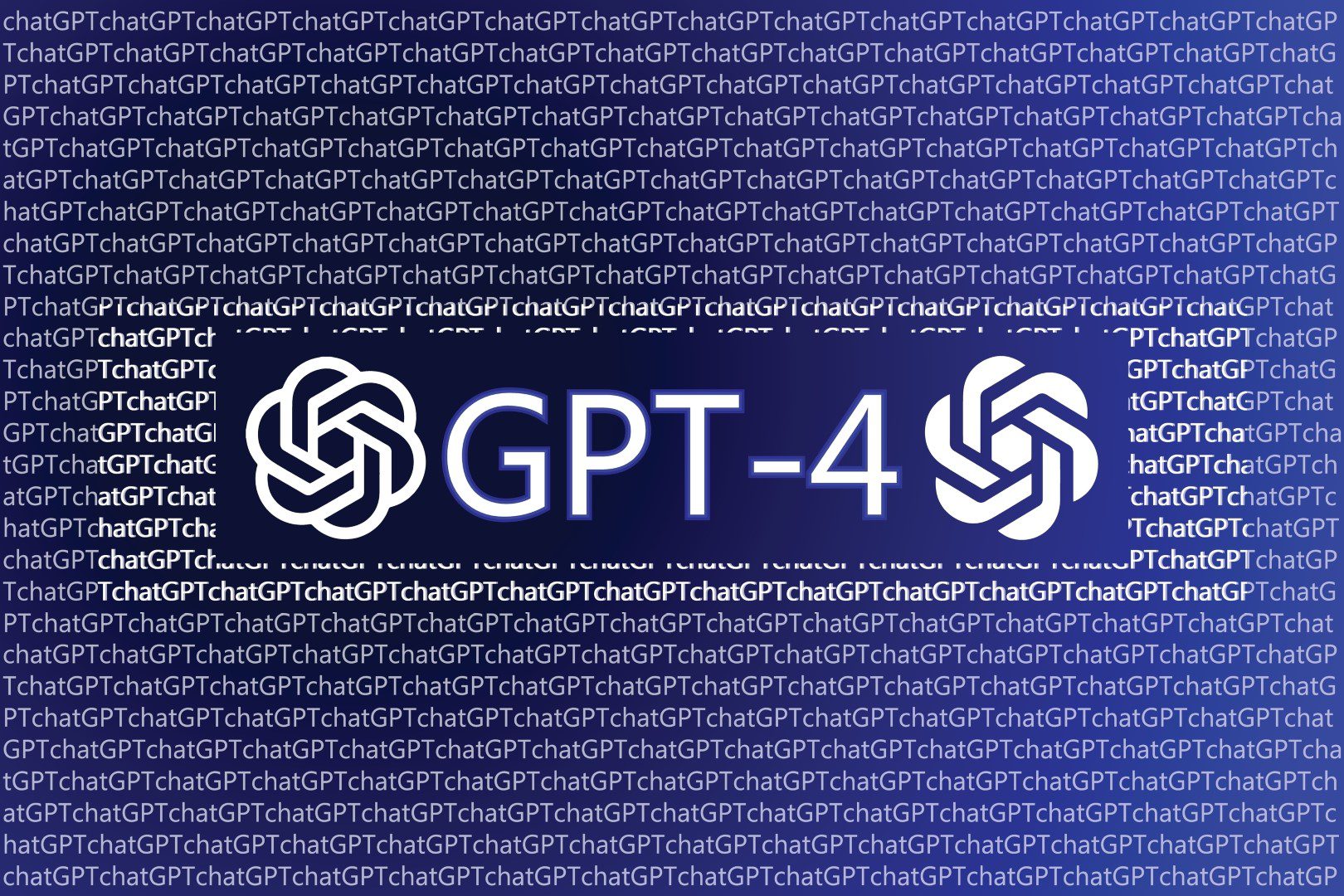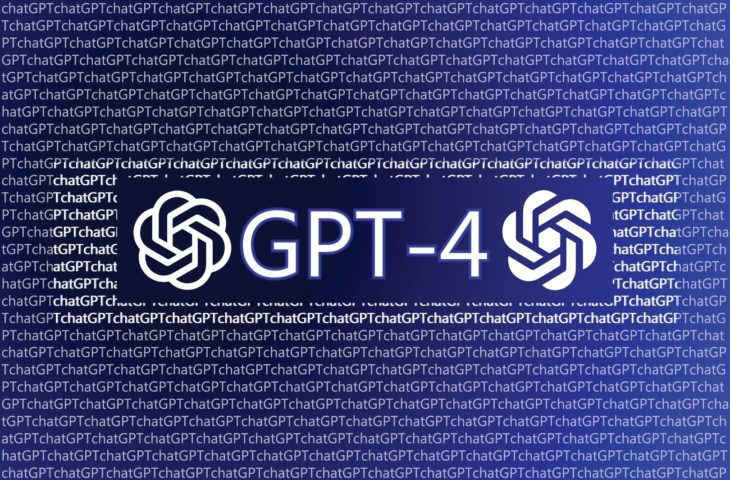OpenAI has scaled back ChatGPT’s image analysis capabilities as the system also recognizes faces. This could lead to problems with many applicable data protection regulations.
The AI model ChatGPT can not only generate texts, but also analyze images. Part of this function is to recognize and describe objects. However, the system can also do this with faces, going so far as to effectively identify people in a photo. OpenAI is now blocking this particular feature for privacy reasons, reports the New York Times.
What you don’t see
The image analysis version of GPT-4 was recently made available to a select audience, including a number of blind and partially sighted people. For them, the function is a useful tool to better assess their surroundings. The AI model can provide many details about a room and its contents based on a photo.
However, ChatGPT is not limited to objects in a room, but can also provide an accurate description of people in an image. This ranges from the action they perform in the analyzed photo, the clothes they wear and physical characteristics, to recognizing emotions from facial expressions.
be my eyes
A few months ago, OpenAI started a collaboration with the startup Be My Eyes, an app that connects blind and visually impaired people with volunteers who help describe an environment live via video and audio for people with visual impairments. This technology now combines GPT-4 to do the same thing but uses a photo and AI providing the descriptions.
Issue
Currently, the model mainly recognizes public figures, ChatGPT cannot yet actively search for (the faces of) specific people online. The release of the feature would put the company on thin ice regarding privacy regulations in a number of regions. Europe, for example, goes through here strictly.
Another concern OpenAI has raised is the likelihood of GPT-4 explaining things about people that the system or users don’t care about, such as gender or emotions. It is such work points that OpenAI would like to address before the function is available again with limited availability and certainly before it is rolled out further.
The fact that ChatGPT can still suffer from hallucinations is another factor. There is still a risk that the system will misidentify a person or make up a name if it doesn’t fully recognize someone. This sometimes happens with objects, so there is a real chance that this will happen with people as well.
GPT-4 has been publicly available since earlier this month. Meanwhile, OpenAI is also introducing code interpreters for the model.














